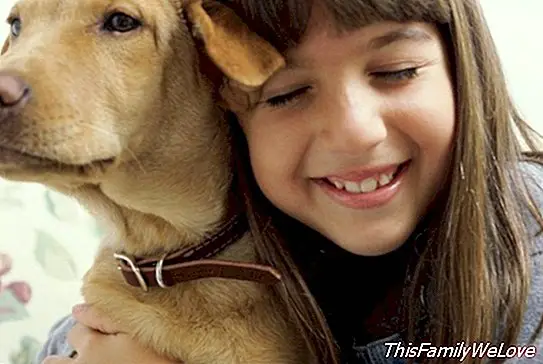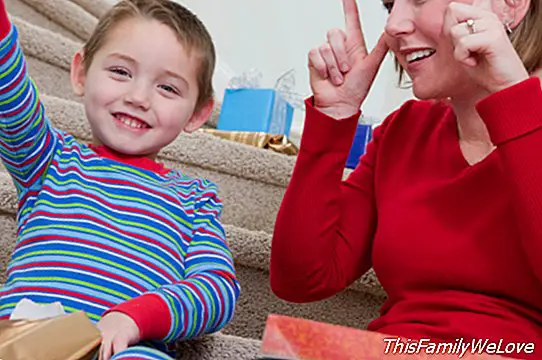How to teach children to express their emotions


Manifesting feelings is a very healthy habit, which is also learned and educated. But how can we teach children to express their emotions and to control them at the same time? A key moment in the acquisition of emotional self-regulation occurs after the onset of language and the associated cognitive changes.
At this stage, children can now express more clearly their emotions and, therefore, be more aware of what happens to them. An important guideline is for parents to help put into words what children feel at those times ("what happens is that you get angry not being able to open that lid ...") or the parents themselves ("now dad is angry with you because ... "). Identifying one's emotional states and knowing how to express them verbally is a fundamental step for the subsequent self-control.
The child's desire for autonomy in emotional self-regulation
Also at this stage, the child's desire for autonomy begins more clearly. The "I alone" implies the need to distance oneself from parents in order to gain autonomy. The tantrums, more frequent in these ages, can be understood as the contrast between the desire to make their decisions, with the immaturity to emotionally tolerate the first limits contrary to their pretensions. Helping children to handle these episodes is another elemental piece in the process of maturing their capacity for self-regulation.
Clear limits, essential for children

The clear and proportional limits are key in this stage. Overprotective educational styles (lacking in limits) would not facilitate the child's experience of tolerating frustration or discomfort and regain emotional control after failing to achieve its purpose, since they would only learn to calm down with the achievement of their desires.
On the other hand, excessively authoritarian educational styles would not facilitate emotional regulation either, although apparently the child does not have tantrums (it is not altered if a limit is imposed), they do not do it because they have acquired emotional control, but because they have learned to express themselves emotionally he is punished. These children usually present a great insecurity (since they only do what is expected of them without knowing how to make their own decisions) and run the risk of presenting in the future an important disability for emotional management, which is usually accompanied by anxiety pictures.
Take advantage of tantrums to work on emotional self-regulation
Taking advantage of these tantrums to work with children self-regulation strategies is very useful. When the tantrums occur, the child can be taken away from the place where they have been disturbed and try to help them calm down in a corner of the house (it can be called "the corner of peace or tranquility"). Once reassured you can reason with them and help them verbally express what has happened. Repeating these guidelines routinely will help create internal self-regulation strategies in the child.
As the child grows -and enters the school and social world- will find new situations to learn to regulate emotionally. It is important to remember that to achieve emotional maturity each child follows his own course. What some get quickly, others achieve it with more effort. The fundamental thing is to persevere and help them thinking that we are preparing them for adult life.
<



